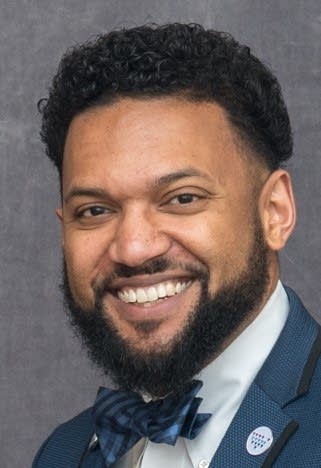As gaps emerge, state hires head of vaccine equity

Go Deeper.
Create an account or log in to save stories.
Like this?
Thanks for liking this story! We have added it to a list of your favorite stories.
The Minnesota Department of Health has tapped Minneapolis pediatrician Dr. Nathan Chomilo to lead its vaccine equity team.

Gaps have emerged in the state’s limited racial data on vaccine recipients. It shows providers have vaccinated white Minnesotans at a rate 1.5 times higher that American Indian Minnesotans, two times higher than Asian and Black Minnesotans, and three times higher than Latino Minnesotans, Chomilo said. That’s despite being less likely to die from COVID-19 than people of color.
“I think we have a long way to go,” Chomilo told MPR News host Tom Crann.
He said the state needs to find ways to improve access for people who don’t have internet access to sign up for appointments and lack transportation and job flexibility to get to them, among other barriers. So Chomilo is looking to other states for ideas.
Turn Up Your Support
MPR News helps you turn down the noise and build shared understanding. Turn up your support for this public resource and keep trusted journalism accessible to all.
“No state has really figured it out, but there are states that are trying new things that I would like us to explore here in Minnesota,” he said. “One is looking at allocating a specific percent of our vaccine to communities hardest hit. So California, North Carolina, Massachusetts are all looking at a certain percent of their allocation based on indexes like the social vulnerability index, which is an index the CDC has created that looks at about 15 different factors to indicate an area’s risk of social vulnerability [in a disaster].
“And then, how do we prioritize appointments?” he continued. “Can we say, for the first 24 hours, communities with known barriers to things like internet or transportation are able to sign up and then we open it up to the broader public?”
Chomilo is scaling back his practice to work on the problem. He starts March 29.
Click play on the audio player above to hear Chomilo on All Things Considered.


